It always seems like Manchester United's recent transfer market operations are akin to a blind gambler fumbling with cards, with all the talented "good cards" at hand but always playing the wrong card at critical moments. Many people see Meunier as the young man who represents the future of Manchester United's midfield, but he may actually be heading to Chelsea?
Hearing this news, many fans probably feel not just uneasy but angry: why do the talented players cultivated by our youth training system always end up being handed over to others after being nurtured for so long? Can Meunier become the next Pogba? This is a challenge facing the management of Manchester United.

Who is Meunier? For many Manchester United fans, this name has already been deeply rooted in their hearts. This 20-year-old defensive midfielder is not only fast and has a broad vision, but also dares to launch bold attacks in the midfield. His growth trajectory is also a highlight of Manchester United's youth training system.
However, the problem is that his future may no longer belong to Manchester United, but rather to our "competitor" - Chelsea.

It is rumored that Chelsea has set its sights on Meunier, and the reason is that the renewal negotiations between Manchester United and him did not go well. Not only that, Meunier did not get enough playing time this season, and his form also showed some ups and downs. Coupled with the fact that Casemiro currently firmly occupies the starting position in the team, Meunier has almost no room for development. Imagine, a young talent sitting on the bench for a long time will gradually lose passion. If it were you, could you not have any thoughts?
Does this scene seem familiar? Yes, Manchester United has experienced a similar situation before: Paul Pogba.
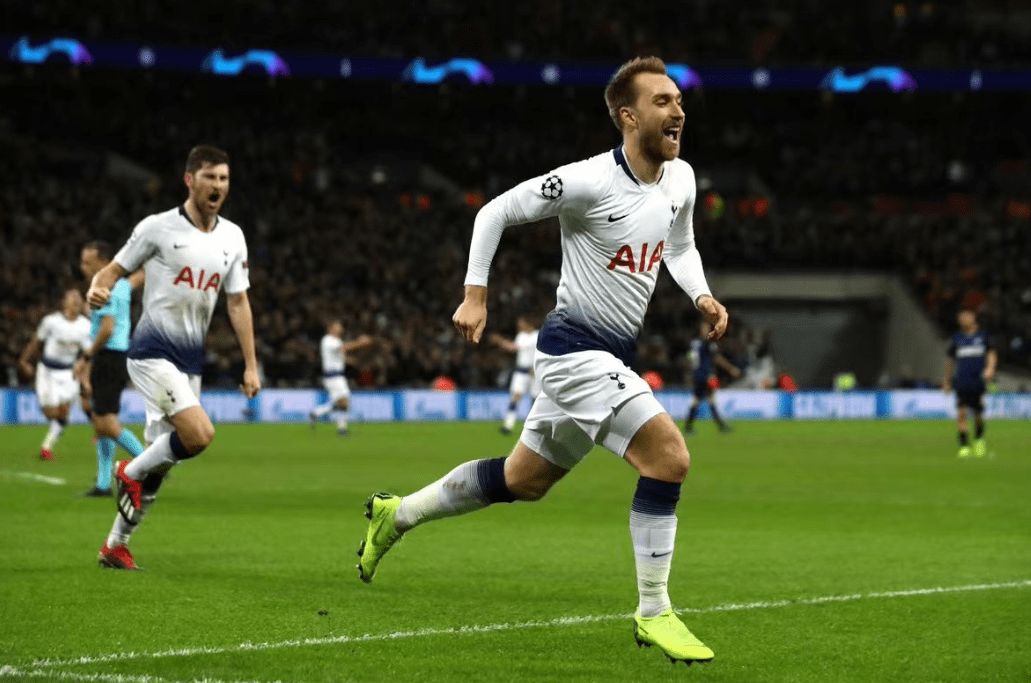
Back then, Pogba was repeatedly sidelined by Ferguson, and eventually had to leave for Italy to join Juventus. There, Pogba quickly grew into a world-class midfielder, to the point where Manchester United had to "buy him back" with a whopping 89 million pounds. The potential transfer of Meunier now seems to be replaying this "old account".
The key here is: Do we really need to go through another process of "losing a genius and buying them back at a huge cost"? In fact, Manchester United needs more forward-looking planning, especially for those youth-trained players. They cannot just talk about "a promising future" without giving them actual opportunities and resources.

If the rumors of Meunier's transfer are causing panic, then the listing of sale for Garnacho has completely stunned the fans. A 19-year-old youngster who performed brilliantly last season and this season.
He always breaks through the opponent's defense with quick advances and agile dribbling in the game, sometimes even changing the direction of the game. To put it bluntly, such a player could either become a core player for the team in the future or at least a reliable substitute. How could they be listed for sale?

As for the reasons for the listing, the media's explanation is "tactical mismatch" and "insufficient football IQ." Hearing these two reasons, many fans might exclaim that it's absurd. Indeed, tactical issues can indeed affect a player's development, but "insufficient football IQ" is somewhat vague, as if it's an all-purpose explanation, and any player who can't make it to the starting lineup can be attributed to this.
However, this time the Manchester United management seems very determined, and it is said that the listing price has reached 60 million pounds. What's funny is that the situation is somewhat embarrassing - there is currently no clear interest from buyers.
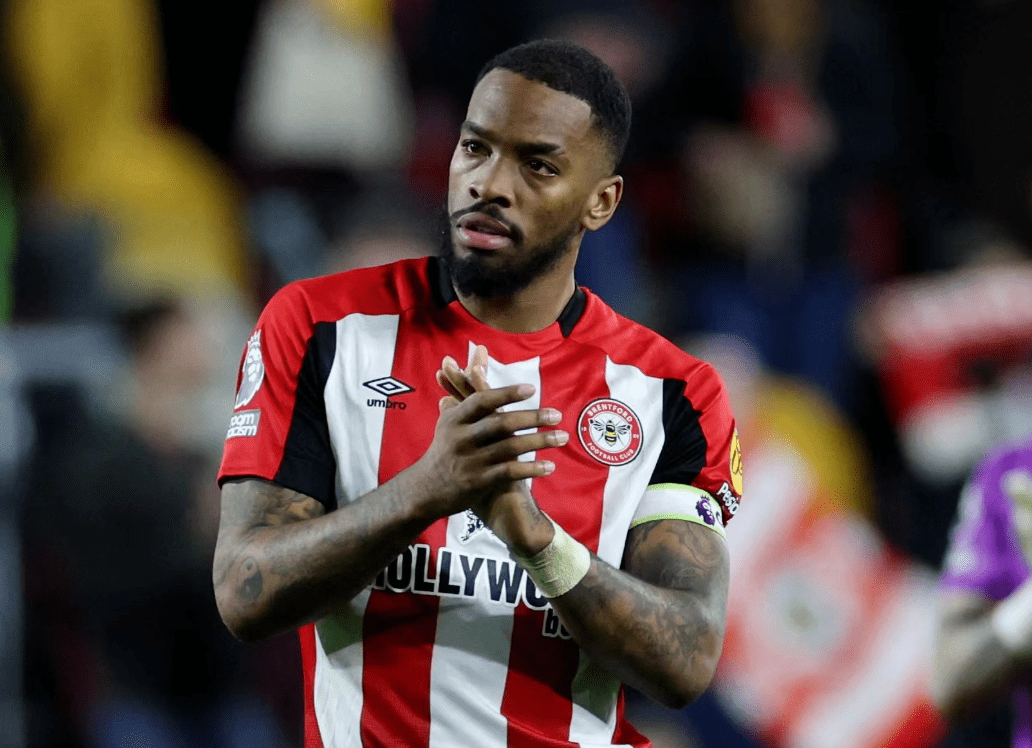
The unease surrounding Meunier and Garnacho's transfers is just a "small by-product" of Manchester United's rebuilding turmoil. In order to make room for these young talents, Manchester United has been on the path of "cleaning out veterans" in recent years. Harry Maguire, David De Gea, and others, who were once the absolute core figures of the team, have now become "marginalized." From a certain perspective, this strategy is not wrong - it's better to start a comprehensive plan of rejuvenation than to rely on a group of high-paid but underperforming veterans to get by.
However, the problem is that the transformation of the locker room culture is not as simple as "cleaning out." With leaders like Maguire gone, the team's unity and heritage may be affected. And without a phased transition plan, young players may be expected to shoulder great responsibilities while lacking experience, making it difficult for them to take on important roles. In the end, the team's combat effectiveness may not increase but decrease, which would be counterproductive.
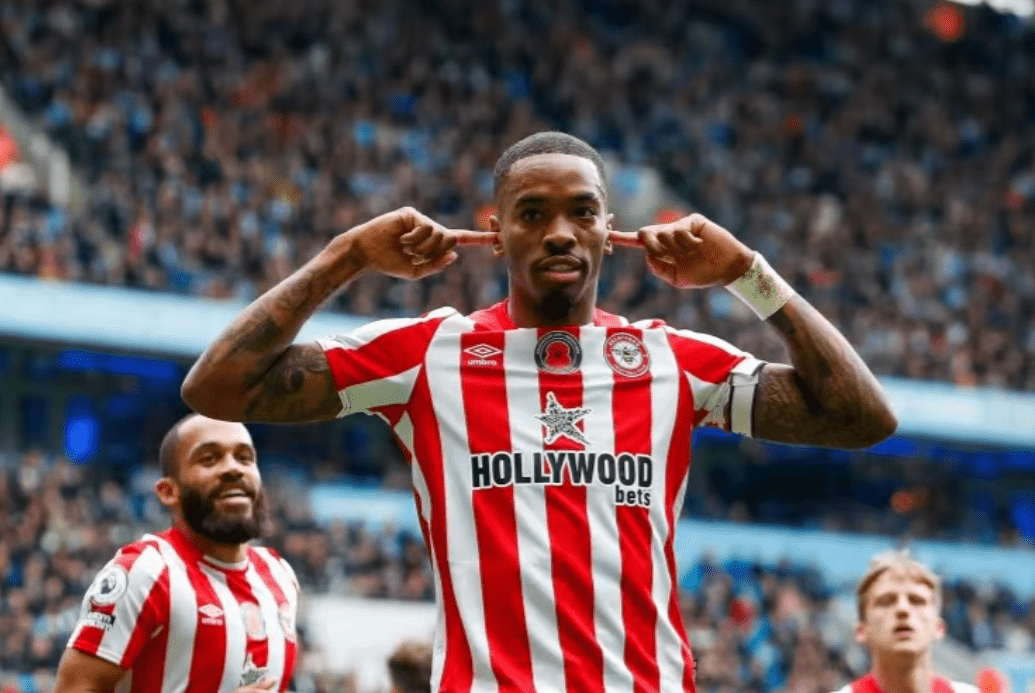
Seeing that Meunier's potential new home is Chelsea, some people might jokingly say: Chelsea seems to have turned into a "youth training resource dealer," willing to pay for your talent no matter how "watered down" your name is. Such an approach is not difficult to understand.
In recent years, from Havertz to Enzo Fernandez, Chelsea has indeed had its own way of discovering young talents.
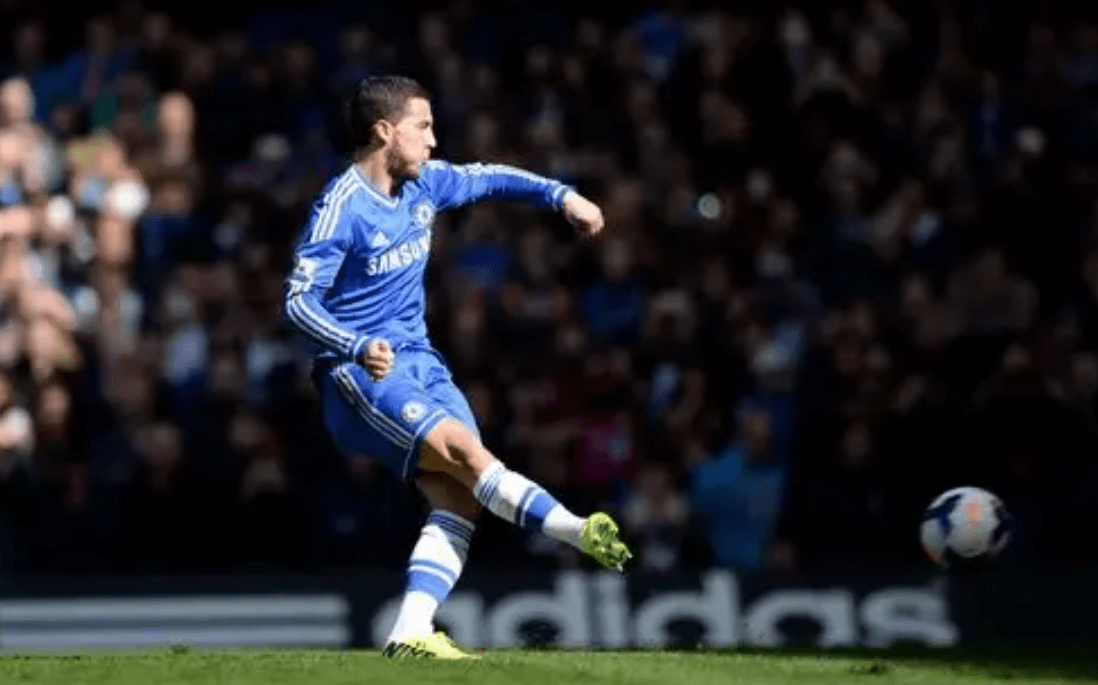
However, has the problem really been solved? Looking at Chelsea's "absorbing stars" results, not many players have truly integrated into the team and played a role. Will this ultimately turn into a pot of "miscellaneous stew"? From Meunier's perspective, joining Chelsea might give him more playing time, but whether he can fully realize his potential still depends on whether Chelsea's tactical system is suitable.
In the final analysis, whether it's Meunier or Garnacho, the root of these problems lies in the dilemma of Manchester United's youth training system. Although Manchester United has cultivated many eye-catching players in the past few years, such as Rashford and McTominay, many of them seem to hit a bottleneck halfway through their development, and very few have truly grown into absolute core players of the team.
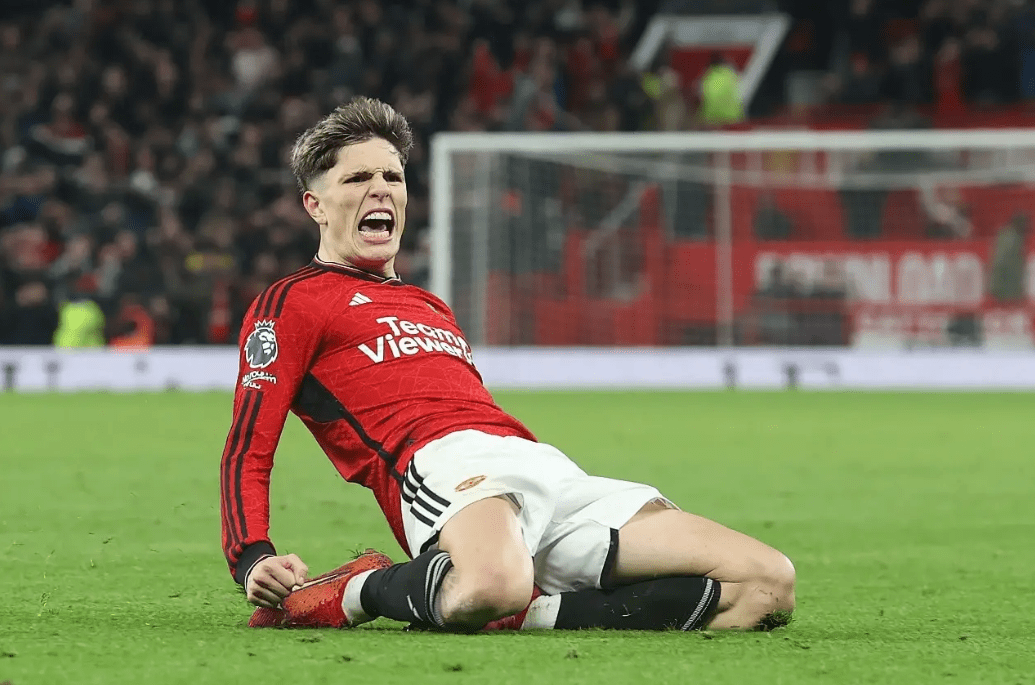
What's the problem? The answer may lie in Manchester United's tactical system and development plan. Some young players are quickly promoted but then face the awkward situation of being unable to adapt to tactics and conflicting positions with veteran players within the team. It seems that the management has not tailored a clear development path for these players.
Young talents like Meunier are rushed onto the stage and then quickly put on ice, ultimately forced to seek new opportunities - this scenario frequently plays out in Manchester United's youth training story.
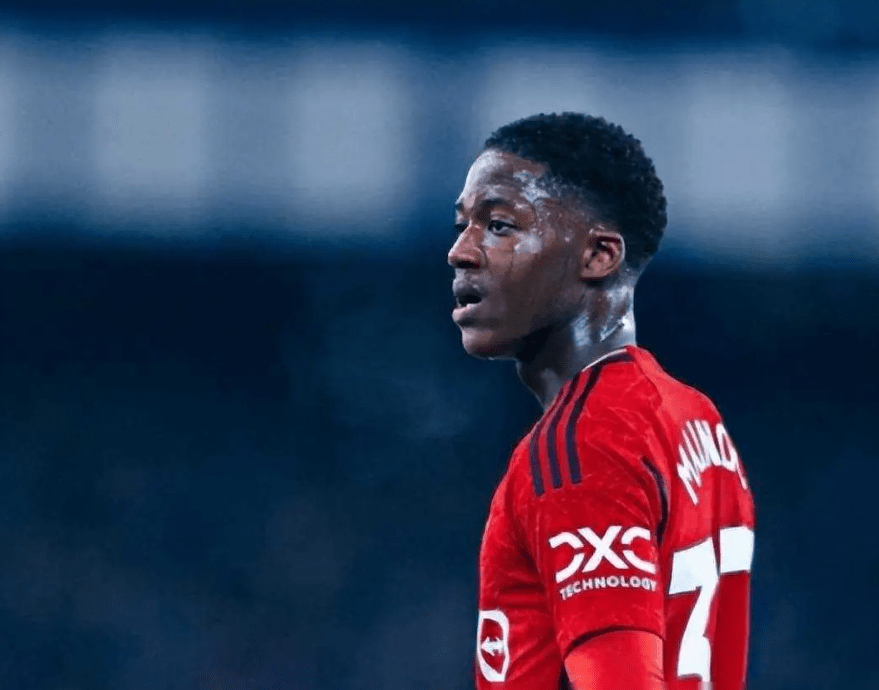
Lastly, it should be mentioned that Meunier's situation is closely related to the presence of veteran Casemiro. In the current Manchester United tactics, Casemiro is an unshakable absolute starter, whose experience and game control ability are irreplaceable. However, his presence also suppresses the development of young players. Perhaps the Manchester United hierarchy needs to consider: how to balance the value of veterans and the space for newcomers to rise through a step-by-step approach.
If Manchester United continues to "rob Peter to pay Paul," are they doomed to fall into a vicious cycle? The future midfield core may shine on someone else's field before they even get a chance to take off.